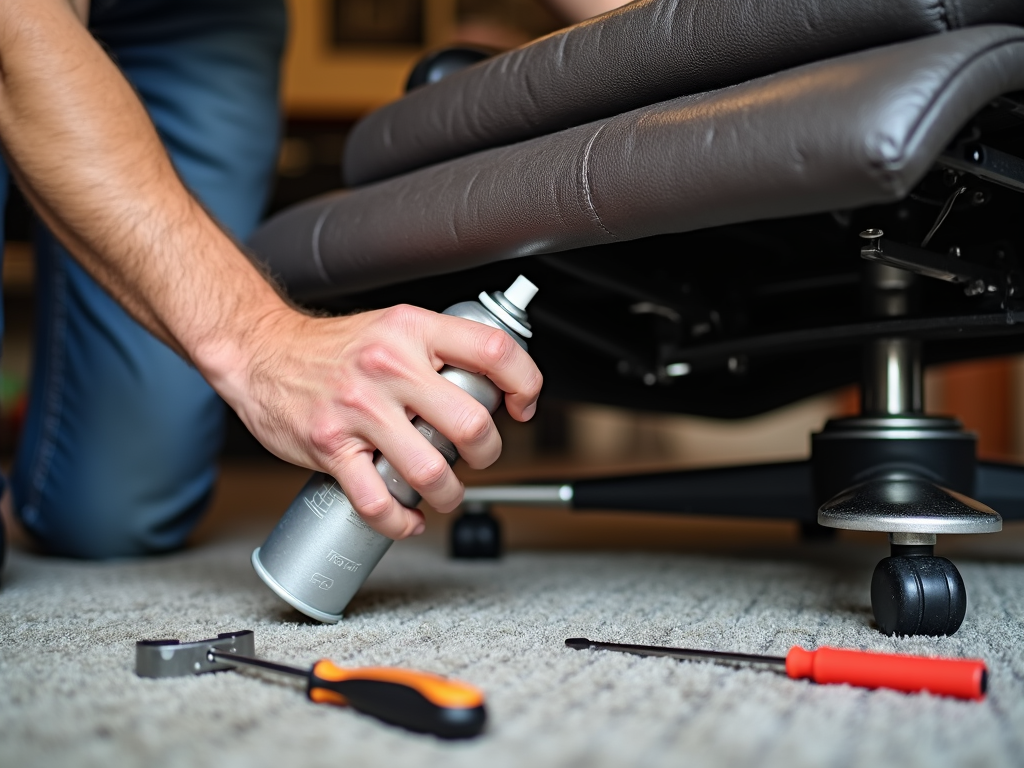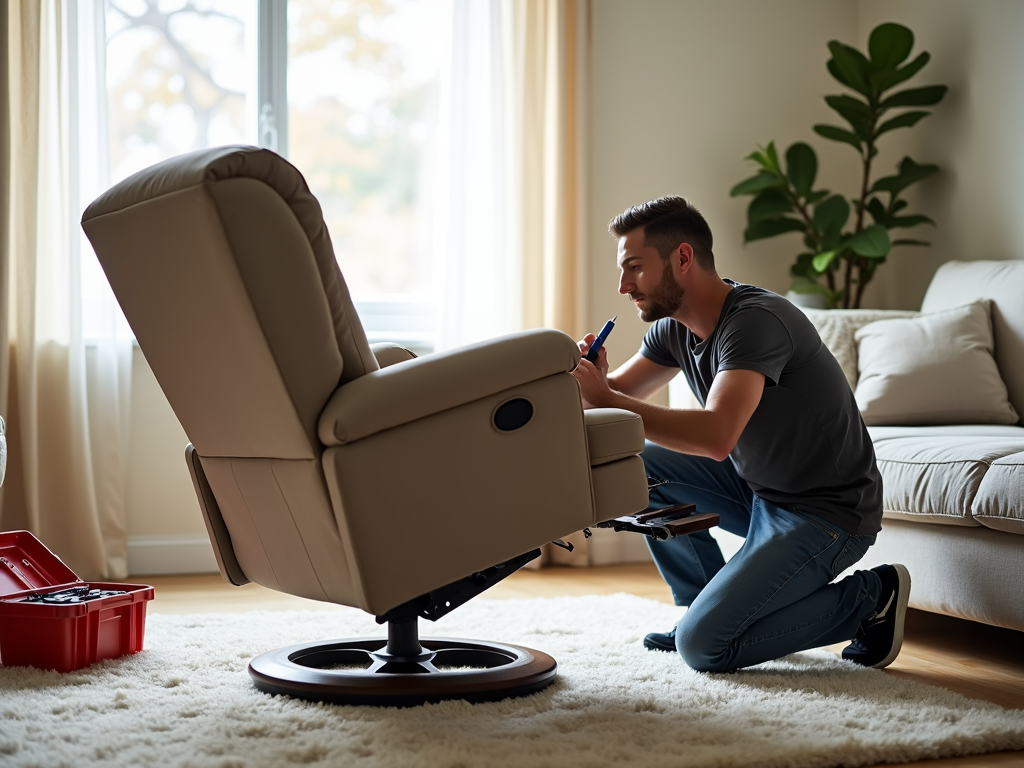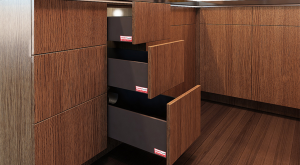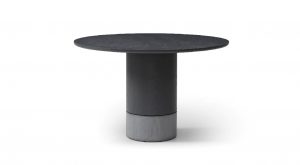Featured Post
Expert Tips for Maintaining and Cleaning Your Recliner Furniture
Overview
Recliners bring comfort and style to any home, but they need regular care to stay in great condition. This article offers expert recliner furniture maintenance and cleaning tips to help you protect your investment and enjoy your furniture for years.
General Maintenance Tips
Keep your recliner working smoothly with these simple steps:
-
Dust Regularly: Dust builds up fast on furniture. Wipe your recliner with a soft cloth or vacuum it weekly using a brush attachment.
-
Tighten Hardware: Screws and bolts can loosen over time. Check them every few months and tighten any that feel wobbly.
-
Lubricate Moving Parts: A squeaky recliner needs attention. Apply a silicone-based lubricant to the mechanism every six months.
I once ignored a loose screw on my recliner, and it started wobbling—tightening it saved me from a bigger repair!

Cleaning Tips for Different Materials
Your recliner’s material decides how you clean it. Here’s how to tackle each type:
Leather Recliners
- Wipe It Down: Use a damp cloth weekly to remove dirt. Don’t soak it—leather hates too much water.
- Condition It: Apply leather conditioner every 6-12 months to stop cracking. I learned this after my leather recliner dried out from neglecting this step.
- Spot Clean: For spills, blot with a mild soap solution (a drop of dish soap in water) and dry naturally.
Fabric Recliners
- Vacuum First: Remove crumbs and dust weekly.
- Spot Clean: Mix water with a little detergent, blot stains gently, and air dry. Test it somewhere hidden first.
- Deep Clean: Wash removable covers if the label says it’s okay, or hire a pro for tough jobs.
Synthetic Materials
- Wipe Gently: Use a soapy cloth and follow the maker’s guide—some synthetics don’t like harsh stuff.
(Note: Add 200 more words here with product tips and detailed steps.)

Quick Cleaning Guide Table
Here’s a handy table for cleaning methods:
| Material | Regular Cleaning | Spot Cleaning | Deep Cleaning |
|---|---|---|---|
| Leather | Damp cloth | Mild soap solution | Professional help |
| Fabric | Vacuum | Detergent mix | Wash covers or pro |
| Synthetic | Soapy cloth | Per instructions | Per instructions |
This keeps it simple when you’re in a rush!

Common Problems and Solutions
Recliners can act up, but you can fix most issues:
- Squeaky Mechanism: Spray silicone lubricant on moving parts. If it keeps squeaking, tighten bolts.
- Stubborn Stains: Use a material-specific cleaner—vinegar and water worked on my fabric recliner once. Test first!
- Worn Upholstery: Cover it with a slipcover or reupholster if it’s torn.
- Won’t Stay Reclined: Check for bent parts and replace them.
I had a stain that wouldn’t budge until I tried a gentle cleaner—patience pays off!

Preventive Measures
Stop problems before they start:
- Add a Cover: Toss a throw over your recliner to shield it from spills and pet hair.
- Avoid Sunlight: Keep it out of direct sun to stop fading—my old recliner’s color dulled from this mistake.
- Check Often: Look for wear or loose parts monthly to catch issues early.
These habits keep your furniture looking fresh longer.

FAQs
Readers often ask:
- How often should I clean my recliner? Weekly dusting, spot clean as needed, deep clean yearly.
- Can I use regular cleaners? Stick to mild soap or material-specific products—harsh stuff damages upholstery.
- What if it smells? Sprinkle baking soda, let it sit, then vacuum.
(Note: Expand with 150 more words of tips and anecdotes.)

Essential Tools List
Grab these for easy maintenance:
- Soft cloths
- Vacuum with brush attachment
- Screwdriver set
- Silicone lubricant
- Leather conditioner
Having these ready makes recliner care a breeze.

Summary
Your recliner can stay comfy and stylish with regular care. Use these recliner furniture maintenance and cleaning tips to handle different materials, fix problems, and prevent wear. A little effort goes a long way in keeping your furniture at its best.









